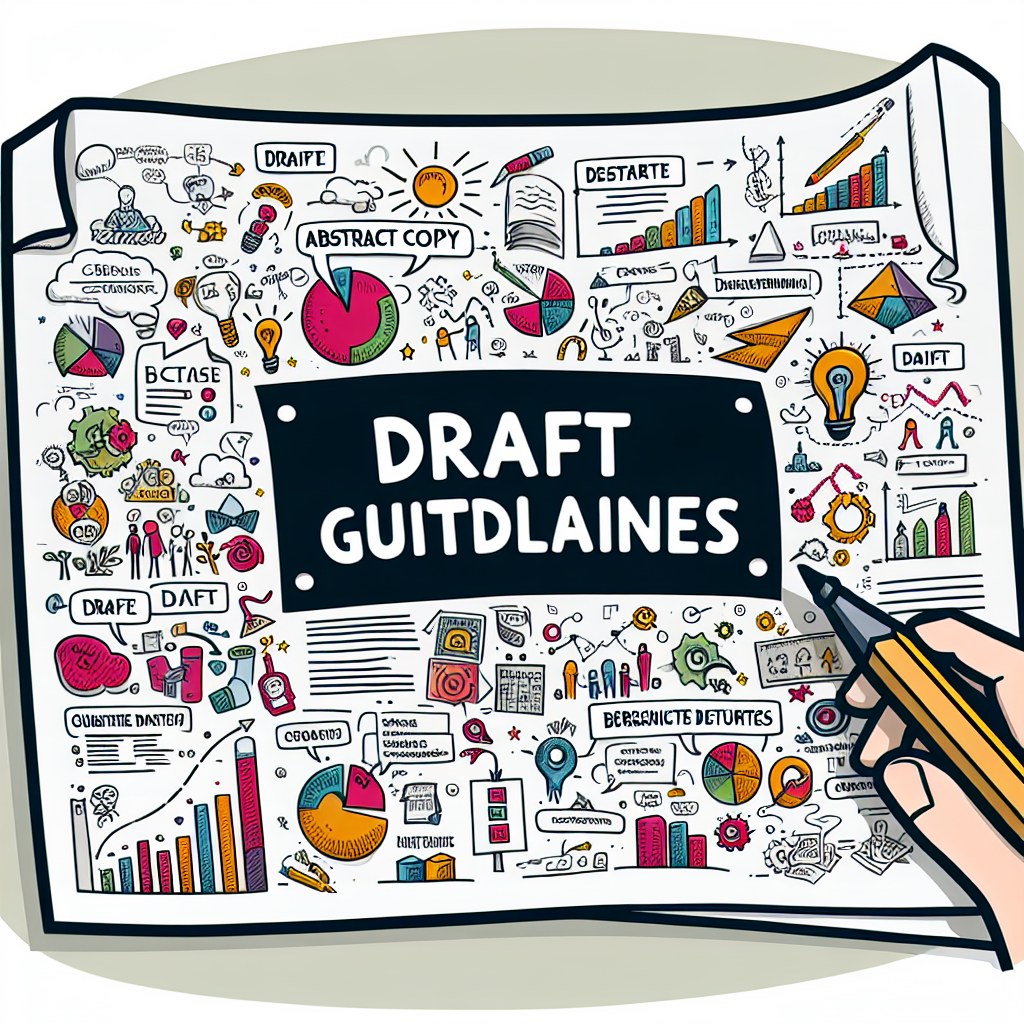Empowering Marginalized Youth: Transitioning from 'Learning to Earning'
Three UN agencies, including UNICEF India, have created guidelines to aid marginalized youth in transitioning from learning to employment. The RAISE-TM framework addresses systemic barriers, promoting inclusivity and skill development. The guidelines emphasize digital literacy, entrepreneurship, and fostering an inclusive, supportive ecosystem for disadvantaged communities.

- Country:
- India
UNICEF India, alongside UN agencies UNFPA and UNHCR, is set to unveil guidelines aimed at aiding marginalized youth in the transition from education to employment. Known as the Technical Guidelines for the Most Marginalised, this initiative focuses on dismantling systemic obstacles through the RAISE-TM framework.
The framework, emphasizing relevance and accessibility, seeks to empower young people from various backgrounds, including rural and differently-abled communities. It identifies key growth areas, like digital literacy and entrepreneurship, crucial for attaining financial independence and social inclusion.
The guidelines highlight the importance of partnerships with government, civil society, and private sectors to create supportive environments. Additionally, a self-assessment tool measures inclusivity, ensuring marginalized youth are not overlooked. This comprehensive approach aligns with India's sustainability goals, preparing youth for emerging green economy sectors.
(With inputs from agencies.)
ALSO READ
Fractal Earns Top Workplace Accolades for Diversity and Inclusivity
Himachal Congress Revamp: Embracing Inclusivity and Youth Leadership
A Heartfelt Farewell to CJI D Y Chandrachud: A Legacy of Inclusivity and Innovation
Indian Army Boosts Digital Literacy in Tinsukia's Rural Schools
Empowering Education: ABVP's Call for Inclusivity and Quality










